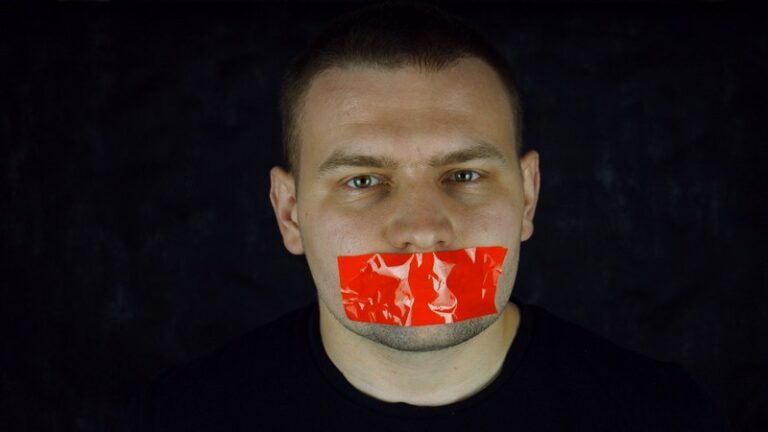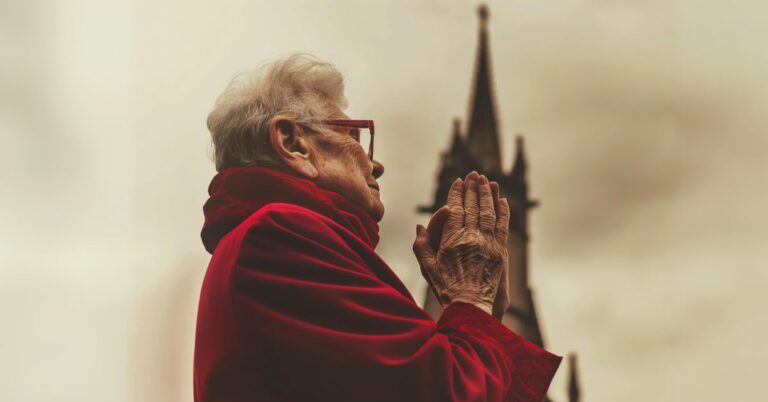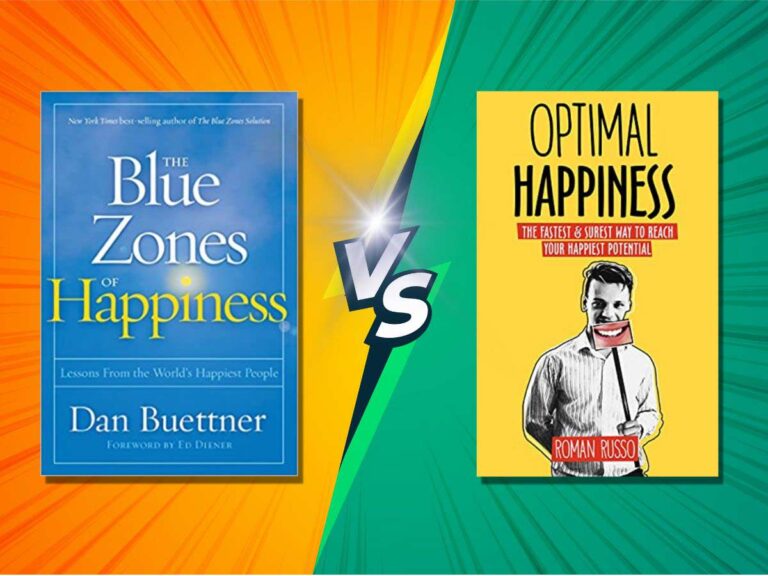Recently, I’ve visited the home of one of my friend to find it, let’s say, somewhat dirty. He had 2-week unwashed dishes, cloth everywhere, dust on the floor…
I also know many other people who have it all under control. Their piles of cloth and dishes could grow as fast as of my friend, but they don’t. They are also extremely busy people, yet they always finish everything on time, they never complain and they always find some extra time for other people and for small things.
So what is the difference between my friend and these other successful people? What is the secret?
Meet Secret Materialist Inside All of Us
The problem with my friend, and often of others in this situation, is what I call “materialism”. By materialism, I mean owning or desiring to own much more than we need – which also is a definition of hoarding.
Now, my friend lives alone, yet I counted 15 plates, 10 cooking pans, 20 forks and knives, 10 pairs of jeans, 20 t-shirts, and so on and so force.
“Why do you have so many things?” – I asked him.
“Well, I always have extra stuff for my guests. Some this stuff is sentimental – my mom gave me these cups. I never know when I will need some other stuff – for example, if I want to make sushi.”
Can you hear the materialist/hoarder speaking?

3 Major Categories of Things We Own
From above conversation, we can see three major categories of things that people own:
- Everyday possessions;
- Sentimental value possessions;
- Not everyday possessions.
In the first case (1), it is very straightforward: all these things which are important, but which we don’t really need in large amounts.
In the second case (2), these are all the things that were given to us, or we acquired ourselves, over which we hold certain believes or emotions, but which are not necessary or functional (e.g., to keep a memory, presents, collections or decorations).
In the last case (3), it is all the possible and imaginable gadgets, tools or machines for 200 things that we could use … one day … maybe.
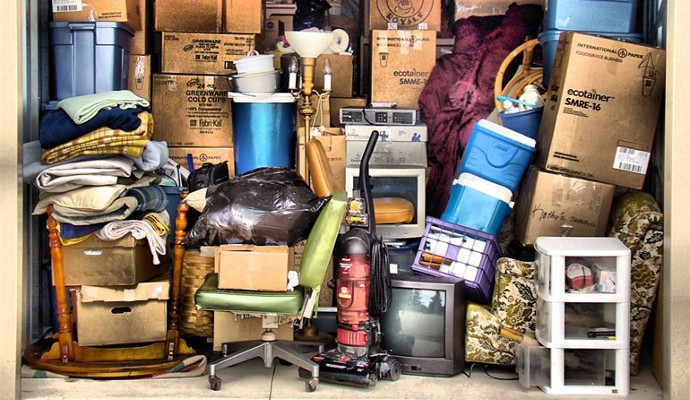
Solution For Materialism
My solution: Get rid of the excess EVERYTHING extra. Leave only the essentials for 1 person.
Together we threw away all but 5 plates, 3 pans, 6 forks and knives, 4 gins, 5 t-shirts, and so on and so force. We further cleaned his storage space, his closets and anywhere else where he kept his stuff.
It was not an easy task. Many tears were dropped and a lot of arguments were presented to keep a lot of the stuff, but the results speak for themselves.
How can anyone make a mess if they don’t have much stuff in the first place?
Even if this person manages to use all his plates and cloth, it will be much easier to clean everything.
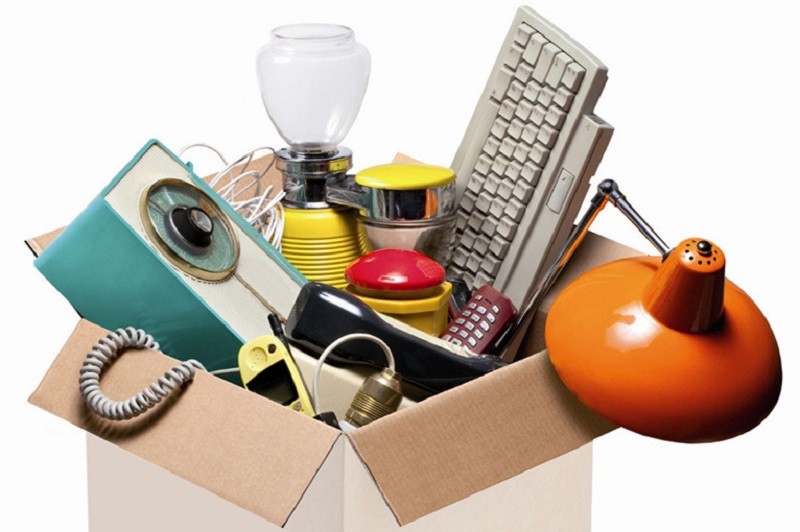
Few Words of Warning Before Giving Up On Materialism
Still, some words of warning are necessary:
– If you are going to go through the same process of becoming less materialistic, first talk to people who will be directly affected by your decision, like your partner or family with whom you live. They might not understand what you are doing;
– If you are wondering about those very expensive things that you once purchased and used 1 or 2 times, I would generally advice to also throw them away, sell them, or to give them away for free. They will be a constant reminder of your previous materialistic life.
But What If I Will Need It One Day?
Today we live in a world where everything is on sale, but also for rent. There are many firms out there where you can rent almost everything. You need a suit? Rent it. You want to throw a dinner for 20 people? Go to a restaurant.
Thus, we don’t always need to buy or hoard something “just in case.” We can live a minimalist lifestyle and have enough and to be happy. You see, we all have a hoarder living inside of us. We just need to find balance within our materialistic possessions.







